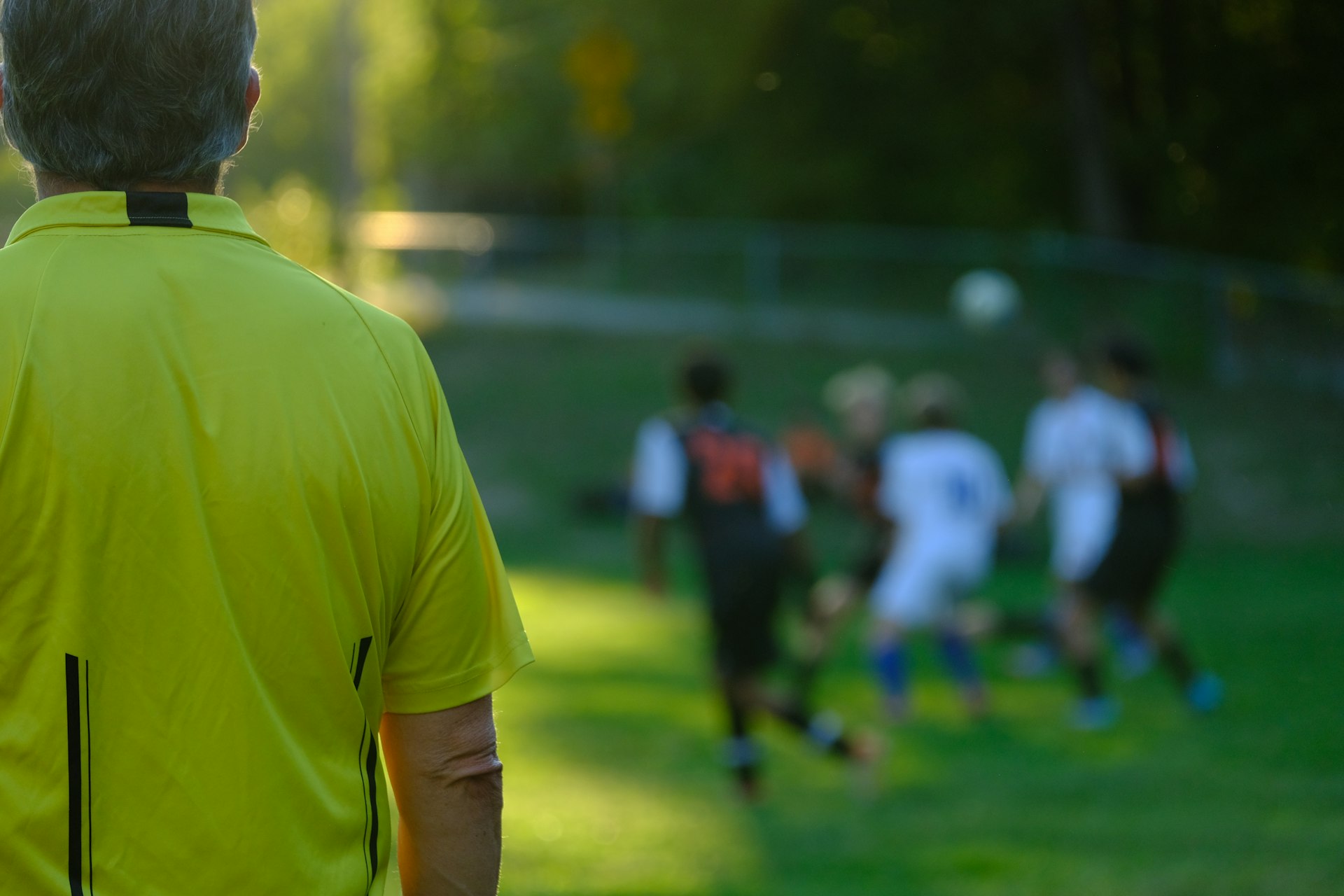Unlocking Athletic Excellence: How Sports Psychology and Peak Performance Training Transform Results

Photo by Eduardo Cano Photo Co. on Unsplash
Introduction: The Power of Mind Over Muscle
Success in sports is rarely determined by physical ability alone. Elite athletes and rising stars alike are increasingly turning to sports psychology and peak performance training to gain a competitive edge. These fields focus on developing the mental skills needed to achieve consistent, high-level performance, overcome pressure, and recover from setbacks. This article explores how athletes, coaches, and teams can leverage cutting-edge psychological techniques and practical training methods to unlock their full potential and achieve breakthrough results.
Understanding Sports Psychology: Building the Mental Foundation
Sports psychology is a specialized discipline that examines how cognitive and emotional factors influence athletic performance. This field equips athletes with tools to improve focus, motivation, and resilience, while also addressing challenges such as anxiety, burnout, and loss of confidence. Techniques such as goal setting, positive visualization, self-regulation, and mindfulness are central to this approach. For example, guided imagery and deep breathing exercises can help athletes manage stress and perform under pressure, while structured goal-setting keeps them motivated and on track for improvement [1] .
Sports psychologists also work with teams to foster leadership, effective communication, and a positive team culture. These mental skills are as critical as physical training for sustaining peak performance and achieving long-term success. Certified professionals often assist athletes in coping with setbacks, such as injury or performance slumps, teaching practical strategies to maintain a growth mindset and emotional balance [1] .
Peak Performance Training: Turning Potential Into Results
Peak performance training translates mental skills into actionable routines. This training is not reserved for elite professionals-athletes at any level can benefit from a structured approach. The foundation of peak performance lies in five core principles: planning, preparation, process focus, positivity, and pushing past comfort zones . For instance, a detailed training plan outlines specific goals and milestones, while consistent preparation-such as extra practice sessions or focused recovery-turns plans into tangible progress [2] .
Maintaining a process-oriented mindset-focusing on the present moment rather than dwelling on past mistakes-enables athletes to maximize productivity and learn from experience. A positive outlook, supported by affirmations and constructive self-talk, helps athletes persist through adversity. Finally, stepping outside of comfort zones through challenging drills or new strategies encourages growth and adaptation, key ingredients of peak performance [2] .
Essential Mental Skills Techniques: Step-by-Step Guidance
Applying sports psychology to daily training requires actionable techniques. Here are proven methods you can implement immediately:
1. Goal Setting and Visualization
Effective goal setting involves creating specific, measurable, attainable, relevant, and time-bound (SMART) objectives. Begin by identifying long-term aspirations, then break them into short-term milestones. Visualization complements this by mentally rehearsing successful performance, building confidence and neural readiness. For best results, dedicate a few minutes daily to vividly imagining yourself executing your sport with precision and success [5] .

Photo by Quino Al on Unsplash
2. Mindfulness and Focus Training
Mindfulness practices, such as focused breathing or meditation, enhance present-moment awareness and concentration. These skills are crucial for blocking out distractions and maintaining composure in high-pressure situations. To practice, set aside five minutes before a training session to breathe deeply and focus attention on sensations, thoughts, and emotions without judgment. Over time, this builds resilience and self-regulation [1] .
3. Cognitive-Behavioral Strategies
Cognitive-behavioral techniques teach athletes to identify and reframe negative thoughts, replacing them with constructive, empowering beliefs. For example, when faced with self-doubt, consciously challenge the thought and substitute it with evidence of past successes or affirmations. This process gradually builds greater self-confidence and emotional stability [3] .
4. Stress Management and Relaxation
Managing pre-game nerves or performance anxiety is essential for peak results. Practical approaches include progressive muscle relaxation, listening to calming music, or using guided imagery to envision a relaxed, confident state. Incorporate these strategies into pre-competition routines to reduce tension and enhance readiness [1] .
Real-World Applications and Case Studies
The impact of sports psychology and peak performance training is evident across all levels of athletics. For example, U.S. runners breaking the four-minute mile barrier, once thought impossible, demonstrate how mental and physical training together drive extraordinary achievements [5] . Teams that embrace psychological skills training report improved cohesion, reduced conflict, and higher rates of athlete satisfaction and retention.
Organizations such as CNOS now offer dedicated sport and performance psychology services, working with youth, collegiate, and professional athletes to develop tailored mental training programs. These initiatives often yield measurable improvements in focus, stress management, and overall performance [3] .
Accessing Sports Psychology and Peak Performance Services
Many athletes and coaches may wonder how to access these powerful resources. Sports psychology services are often available through sports medicine clinics, university athletic departments, and private practitioners certified in sport and performance psychology. If you are interested in working with a professional, consider searching for certified sports psychologists through reputable organizations such as the Association for Applied Sport Psychology (AASP) or by contacting local sports medicine facilities. You may also consult your coach or team’s athletic trainer for recommendations.
In addition, numerous reputable websites provide practical exercises and further information. For instance, you can find goal-setting worksheets, visualization guides, and mindfulness exercises on established sports psychology and mental training resource sites. Always ensure resources are provided by credentialed professionals or organizations.
Step-by-Step Guidance to Get Started
- Identify your current mental strengths and areas for improvement through self-assessment or with your coach.
- Set clear, specific goals for your mental skills development.
- Incorporate daily or weekly mental training practices, such as guided imagery, mindfulness sessions, or stress management techniques.
- Monitor progress by tracking performance metrics and reflecting on mental state before, during, and after competition.
- Consider consulting a certified sports psychologist for personalized guidance and advanced strategies.
Challenges and Solutions
Common obstacles include lack of awareness about mental training, stigma around seeking psychological support, or difficulty integrating new routines into established training schedules. Solutions include educating athletes and coaches about the proven benefits, starting with small, manageable steps, and normalizing mental skills as a fundamental aspect of athletic development.
Alternative Approaches and Additional Resources
While working with a certified professional offers the most tailored support, self-guided resources are widely available. Books, podcasts, and online courses led by credentialed experts can provide valuable foundational knowledge. Peer support groups or team workshops can also foster a culture of mental resilience and accountability.
Key Takeaways
Sports psychology and peak performance training are critical components of modern athletic success. By systematically developing mental skills alongside physical abilities, athletes can overcome barriers, enhance enjoyment, and consistently perform at their best. Whether you are a coach, athlete, or parent, adopting a proactive approach to mental training opens the door to measurable improvements and lifelong benefits.
References
- University of Maryland Medical System (2024). Sports Psychology: Unlocking Mental Resilience for Peak Performance.
- Peak Performance Sports (2024). Peak Performance Sports’ Strategies and Tips.
- CNOS (2024). Performance Power of the Mind: CNOS and the Role of Sports Psychology in Maximizing Performance.
- PositivePsychology.com (2024). 14 Sports Psychology Techniques & Tips for Coaching Athletes.



